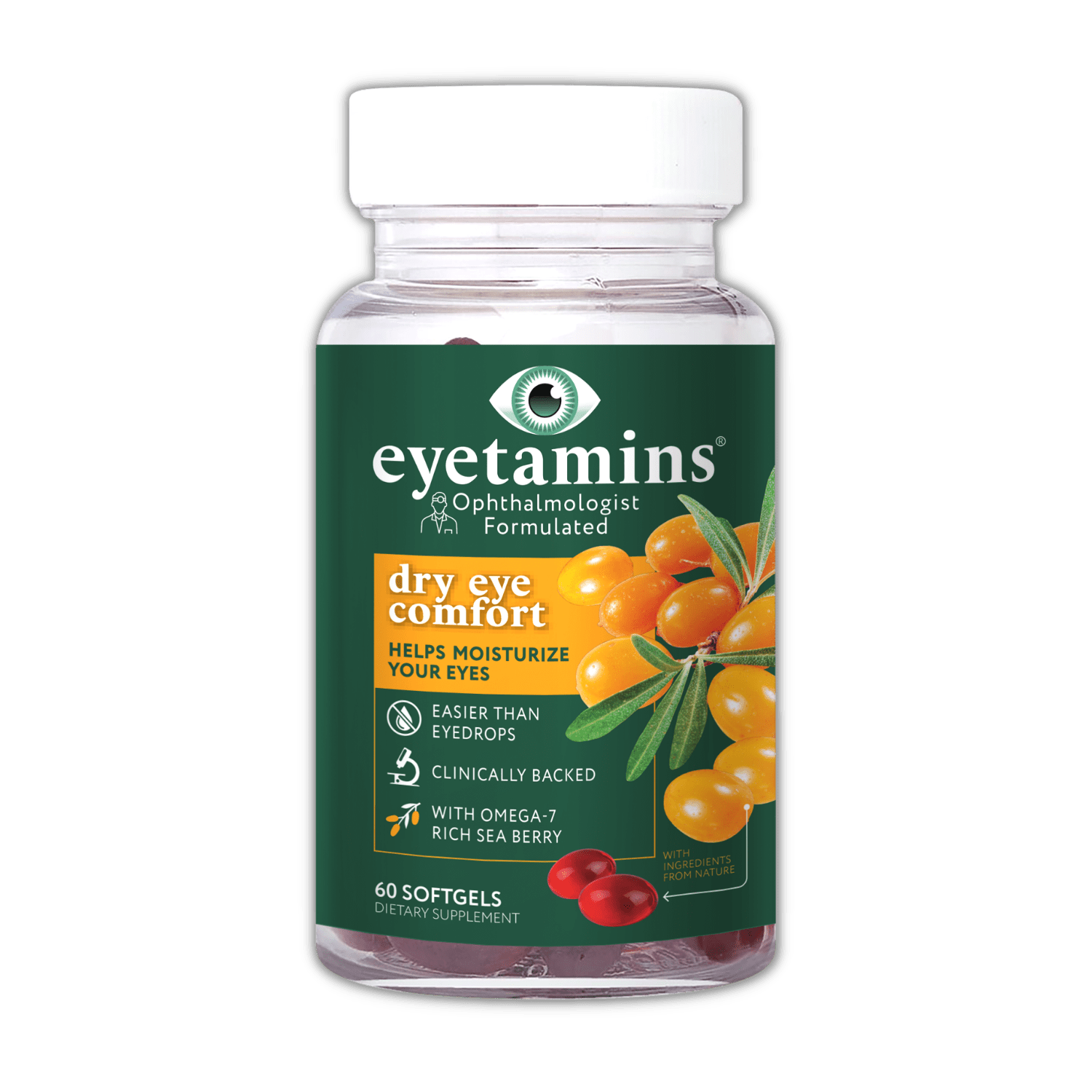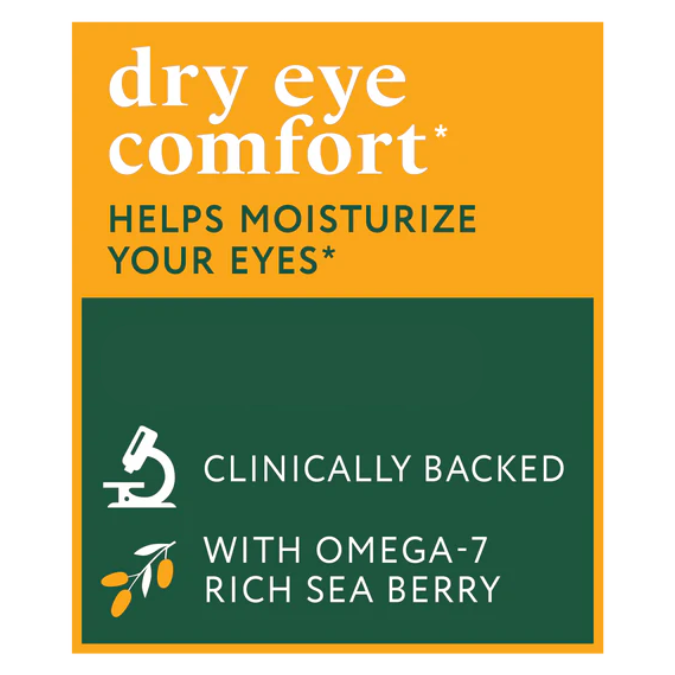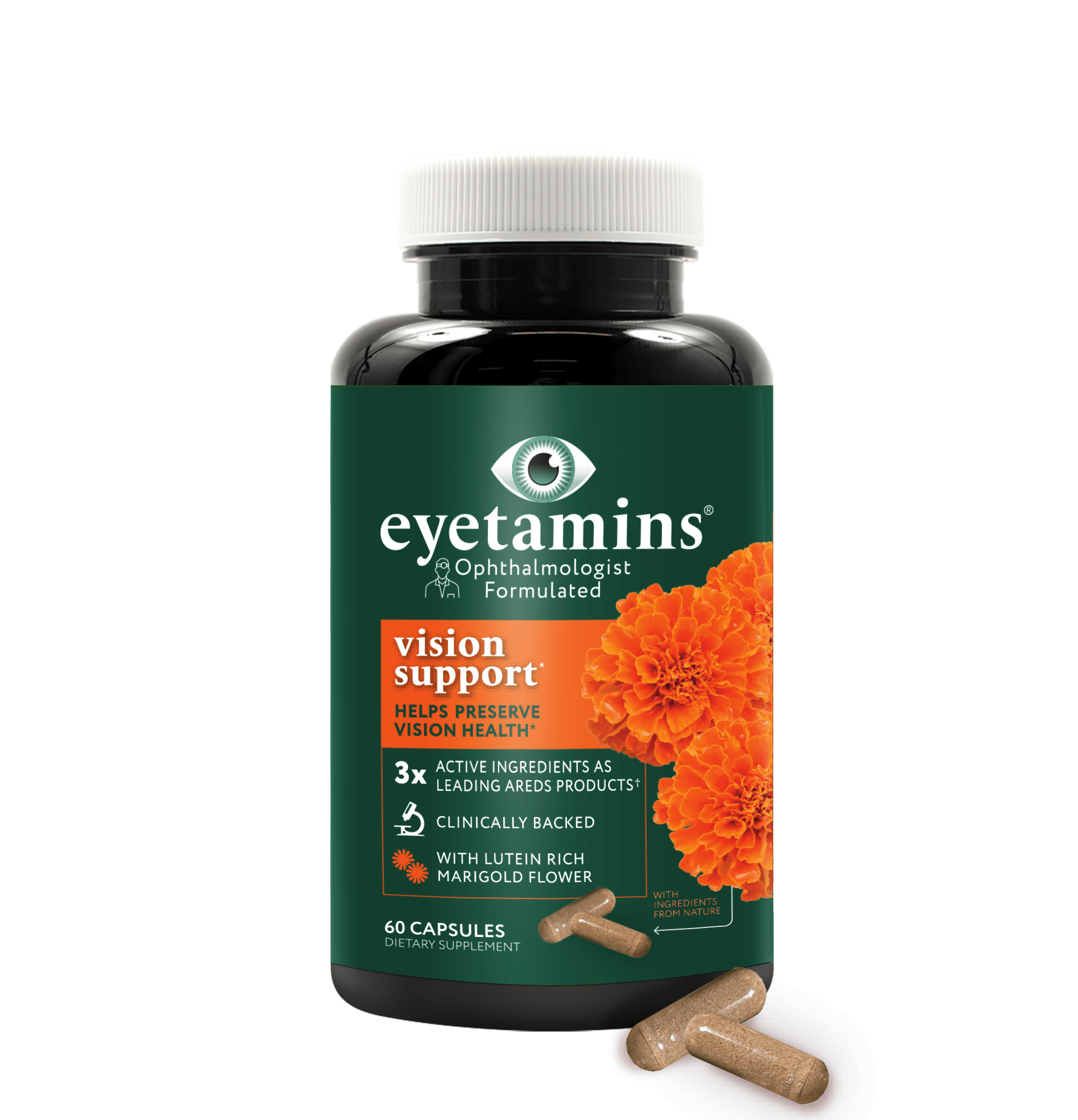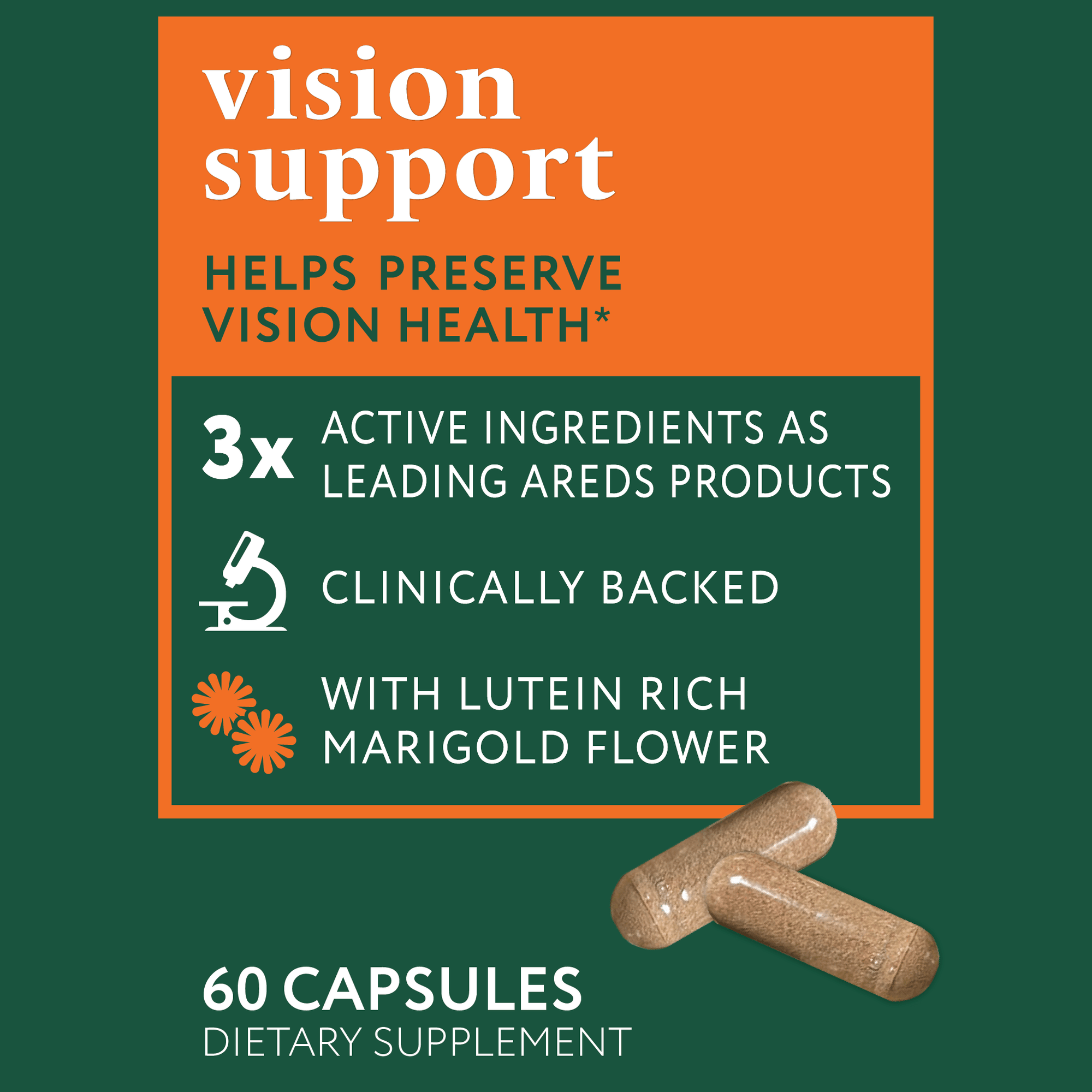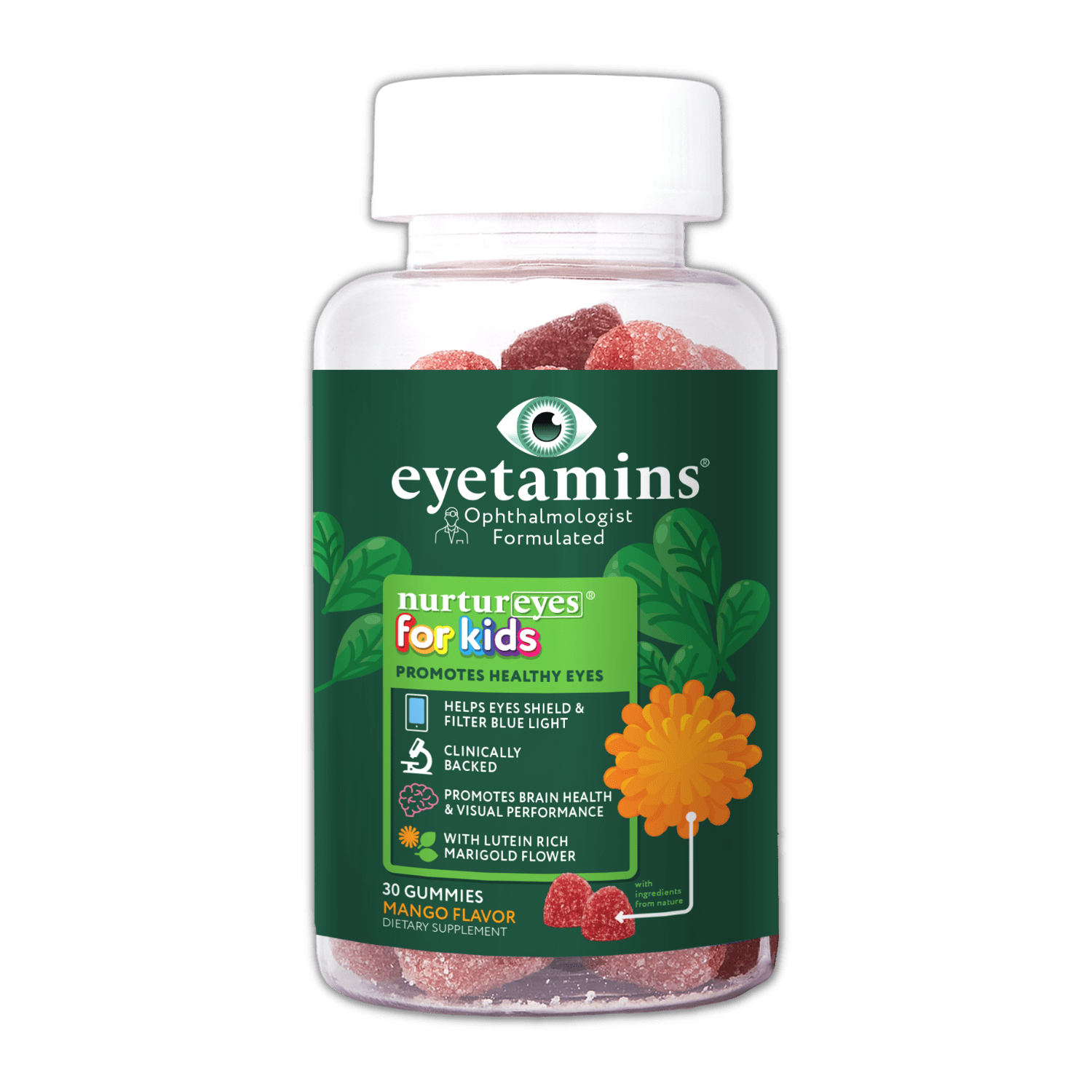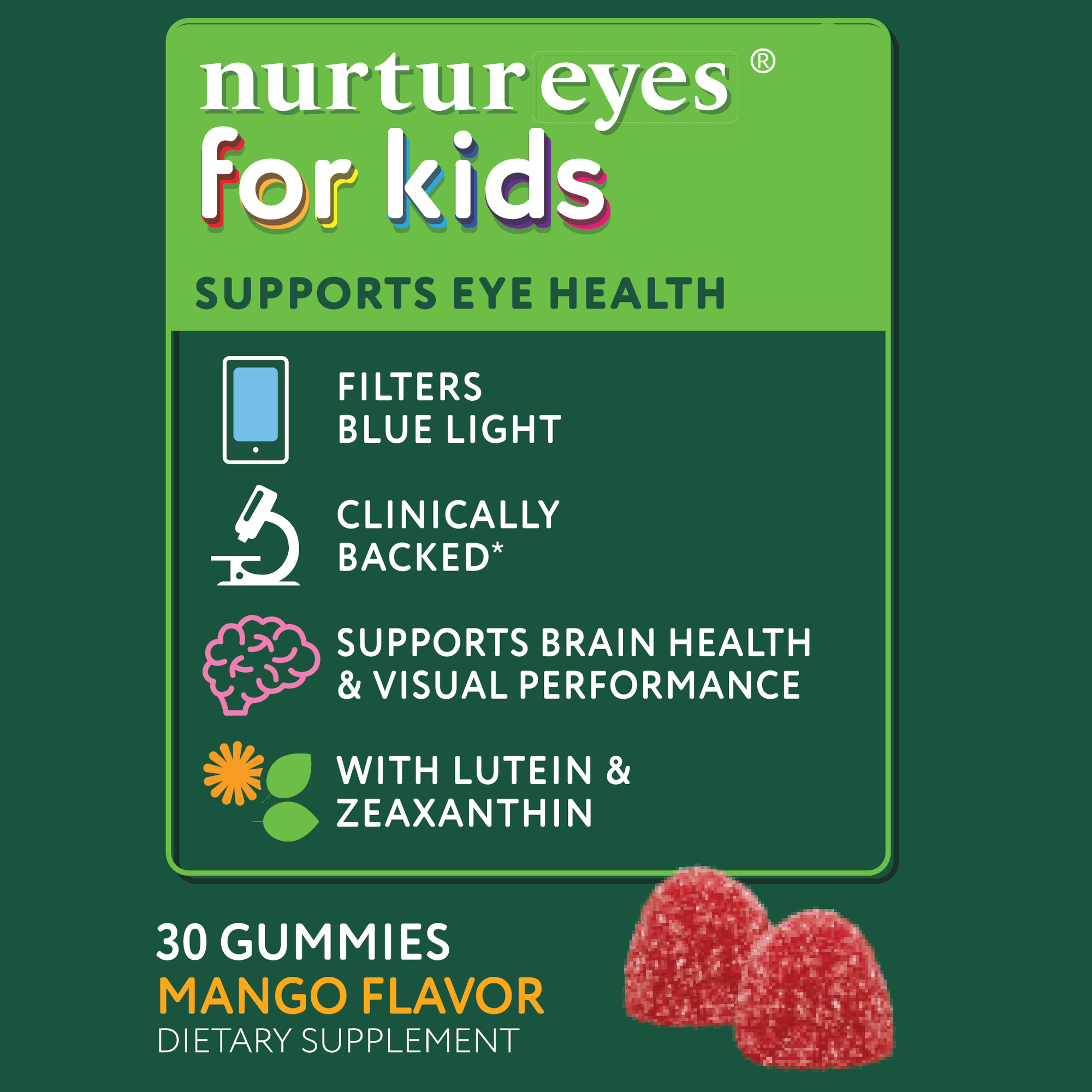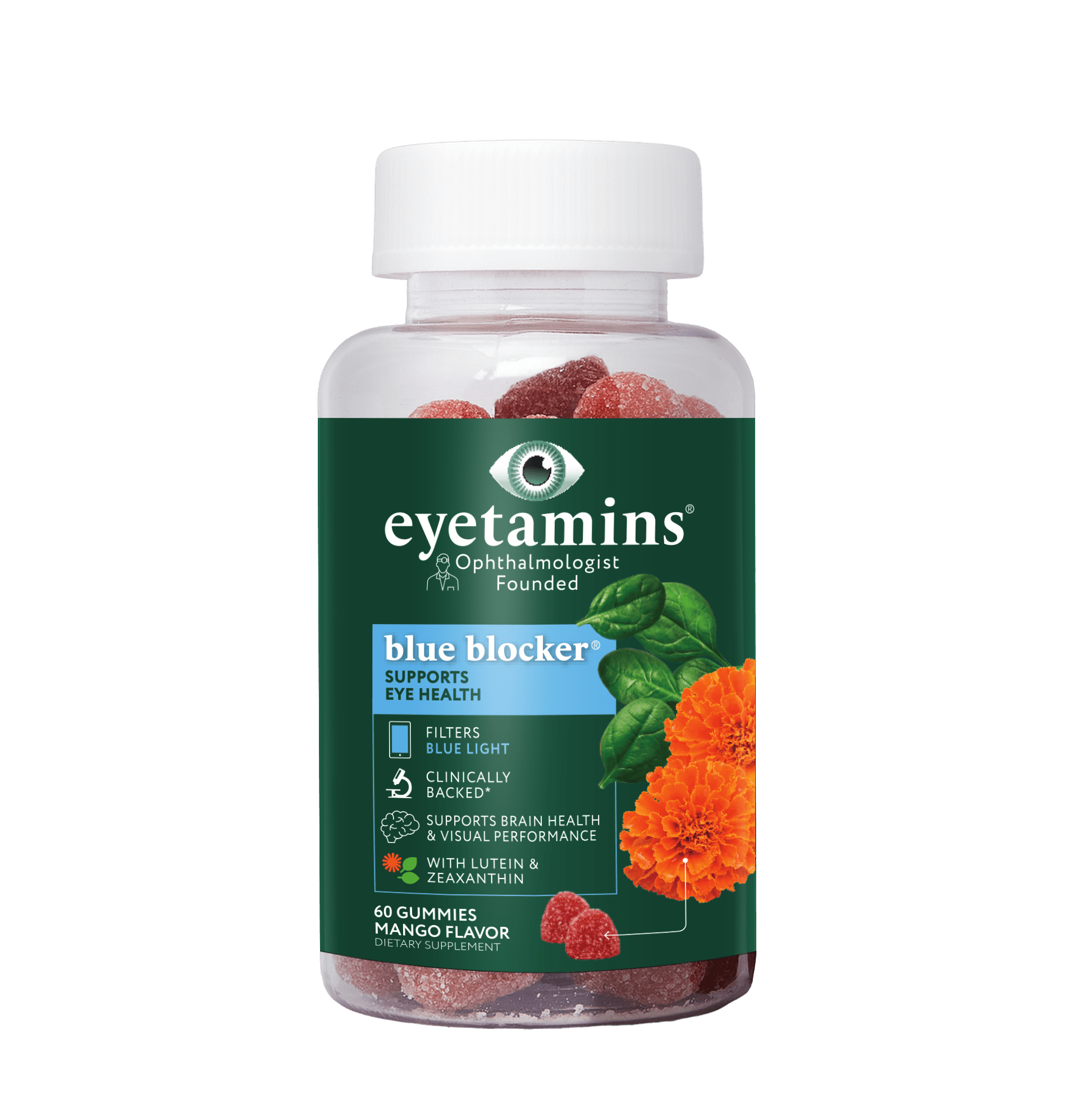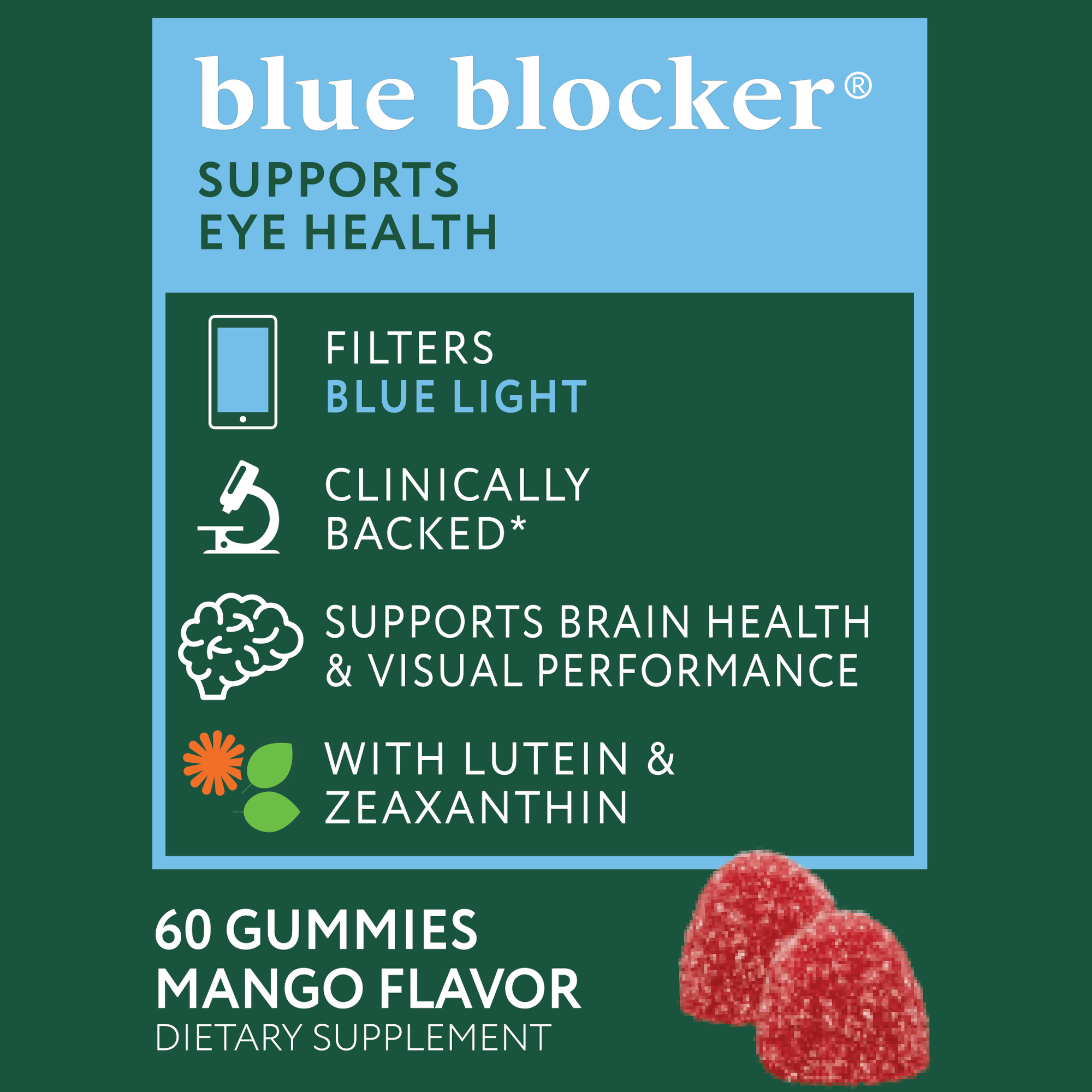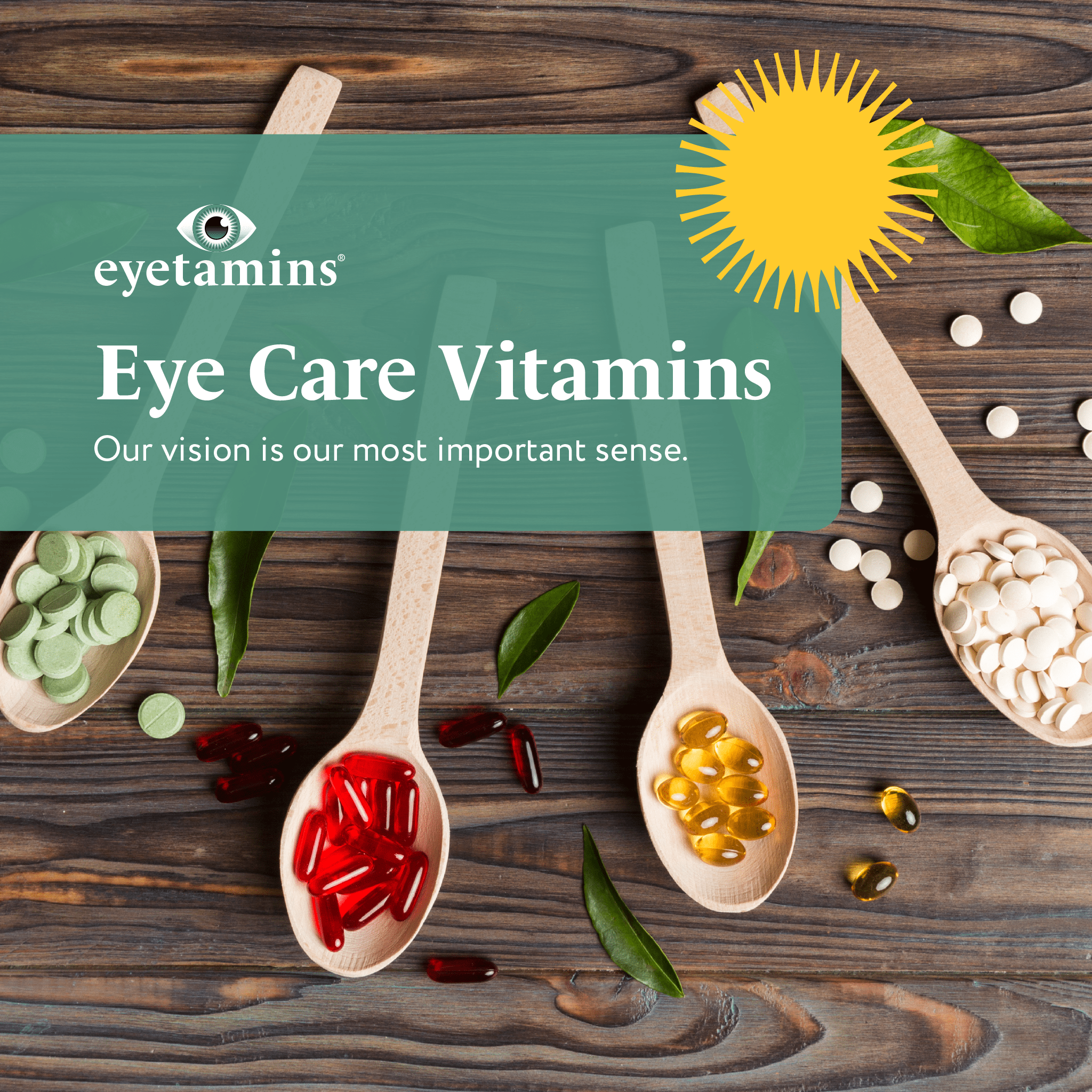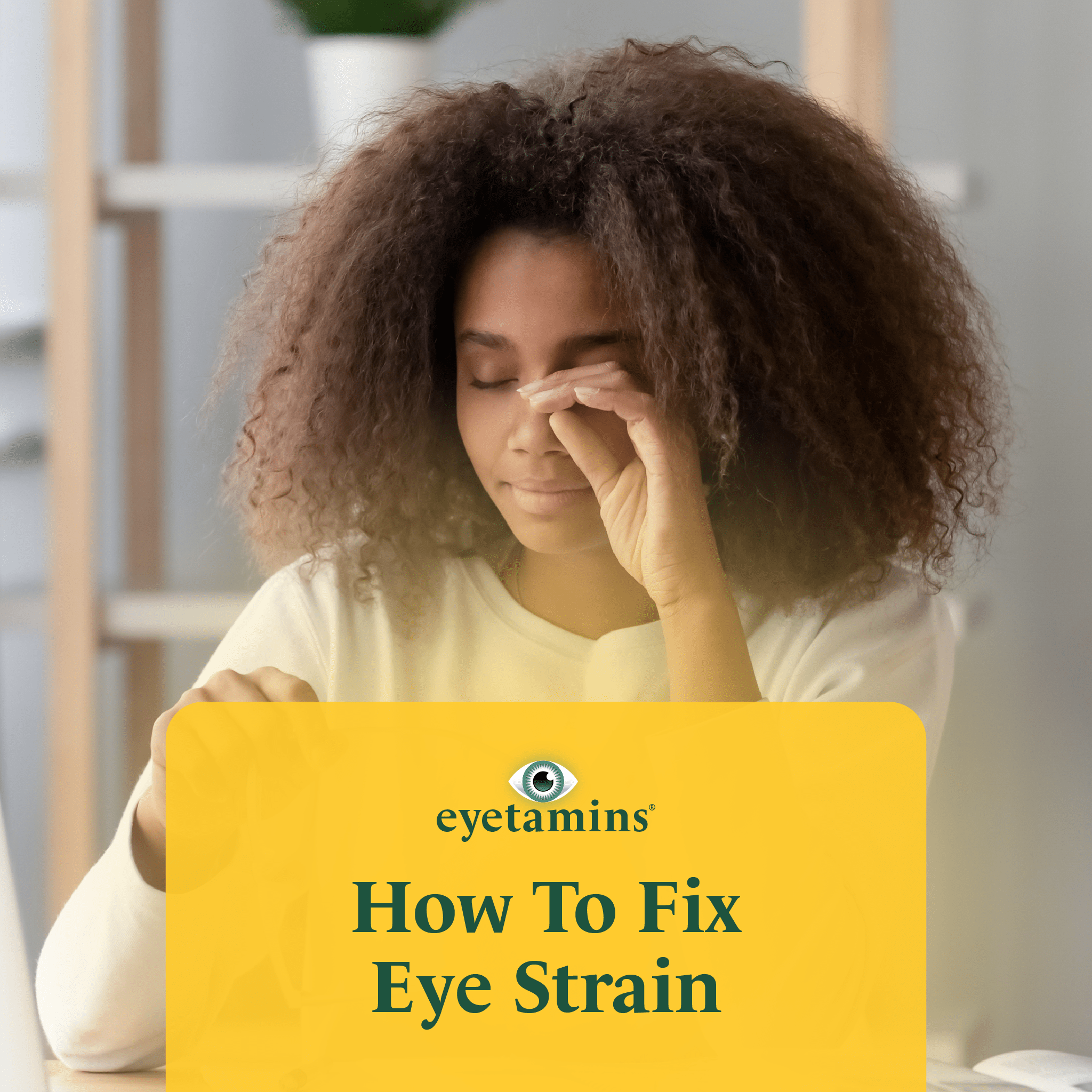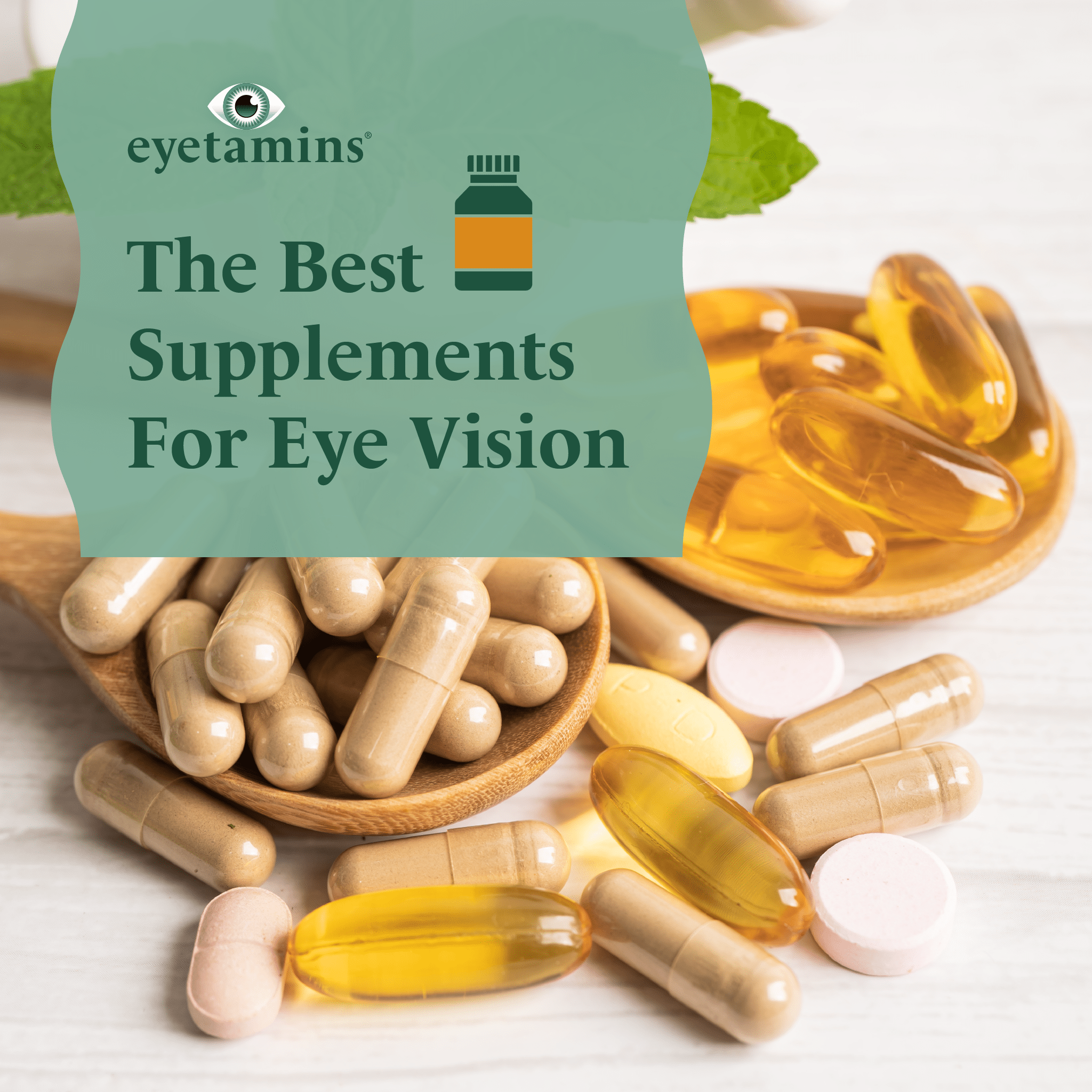· By Dr. Kaushal M. Kulkarni, M.D.
Pros and Cons of Contact Lenses for Eye Health
If you are thinking about making the switch to contact lenses from glasses, you are not alone. Data from the American Optometric Association estimates that over 45 million Americans wear contact lenses.
People wear contact lenses for all manner of reasons. Some for refractive errors, including nearsightedness, farsightedness, astigmatism, and presbyopia. Others do it to treat eye diseases, such as keratoconus or due to damage caused to the cornea caused by infection or injury.
But does this mean that contact lenses are right for you?
One way to answer this question is to consult your ophthalmologist to sample contact lenses for a short period of time. While not exhaustive, we provide an overview of some of the salient pros and cons of contact lenses. It might save you some time and money as well.

Are Contact Lenses Bad For Your Eyes?
Contact lenses are safe.
Nevertheless, wearing contact lenses is not without risks, especially if you wear them for too long, fail to maintain a stringent cleaning regime or do not replace your lenses as recommended by your ophthalmologist. To minimize the potential harm of contact lenses, follow these steps.
First things first, keep air flowing to your eyes by keeping your contacts out as much as possible in the morning before putting them in and in the evening after taking them out. As contact lenses sit directly on the eye and cover the entire cornea, they limit the amount of oxygen that reaches your eyes. This is harmful as a good oxygen supply is essential to keep your eyes healthy.
Suffering from dry eyes? Watch this clip on the best contacts to fight the condition.
Secondly, keep your contact lenses and case clean. This point could not be emphasized enough. Contact lenses increase the risk of eye damage because bacteria and other infection-causing agents can accumulate on their suffice.
This is especially true as the lenses get older and deposits gather on the front and back of the lens. Following your contact lenses replacement schedule is the final step. This ensures that you avoid over-wearing your contact lenses. Be sure to visit your ophthalmologist regularly and, most of all, follow their advice!
The Benefits of Contact Lenses?
Before you read any further, watch this video on the benefits of contact lenses.
When you wear contact lenses, you will experience wider visual access. This is because contacts are placed directly on your eyes, ensuring unobstructed central and peripheral vision. Little wonder they are preferred by athletes and those with active lifestyles. Indeed, they give you enhanced balance and depth of perception.
At the same time, contact lenses also sharpen visual acuity. Contact lenses are available in different materials and lens types, with each one engineered to correct specific eye care needs.
Another great thing about contact lenses is their aesthetic perks. As opposed to glasses, they emphasize your natural beauty. Indeed, they come in various colors, letting you experiment with different eye colors or you can choose transparent contacts to highlight your natural eye color.
Alternatives to Contact Lenses
If you are a contact user who is suffering from dry eyes, our revolutionary Dry Eye Comfort product may be for you. Packed with vegan Omega 3, 6, 7, and 9 it can help moisturize and soothe.

People Also Ask
Are Contact Lenses Better Than Glasses?
The jury is out on this one. Eyeglasses offer many benefits over contact lenses. They require very little cleaning and maintenance, you do not need to touch your eyes to wear them (decreasing the risk of you catching an eye infection), and glasses are cheaper than contact lenses since they do not need to be replaced as often.
Conversely, contacts sit comfortably on the curvature of your eyes. In comparison to glasses, this affords users a wider field of vision and superb focus. Weather conditions, such as rain or snow, will not affect your vision. Meanwhile, reflection is a non-issue.
Watch this video from Doctor Eye Health to find out more.
Is it Safe to Wear Contact Lenses Every Day?
Let’s not beat around the bush, wearing contact lenses for long periods of time can seriously damage your eyes, even if they are daily contacts. The maximum recommended daily use for contact lenses is 14 to 16 hours.
Please note: this may vary according to your eye health. Consult your ophthalmologist to determine the exact number of hours you should wear contact lenses for.
Are Contact Lenses Worth it?
The average price of contact lenses is approximately $50. Although it should be noted that other types of contact lenses may cost more and others need to be replaced more frequently. Indeed, in the long run, contacts lenses are typically even more expensive than glasses.


